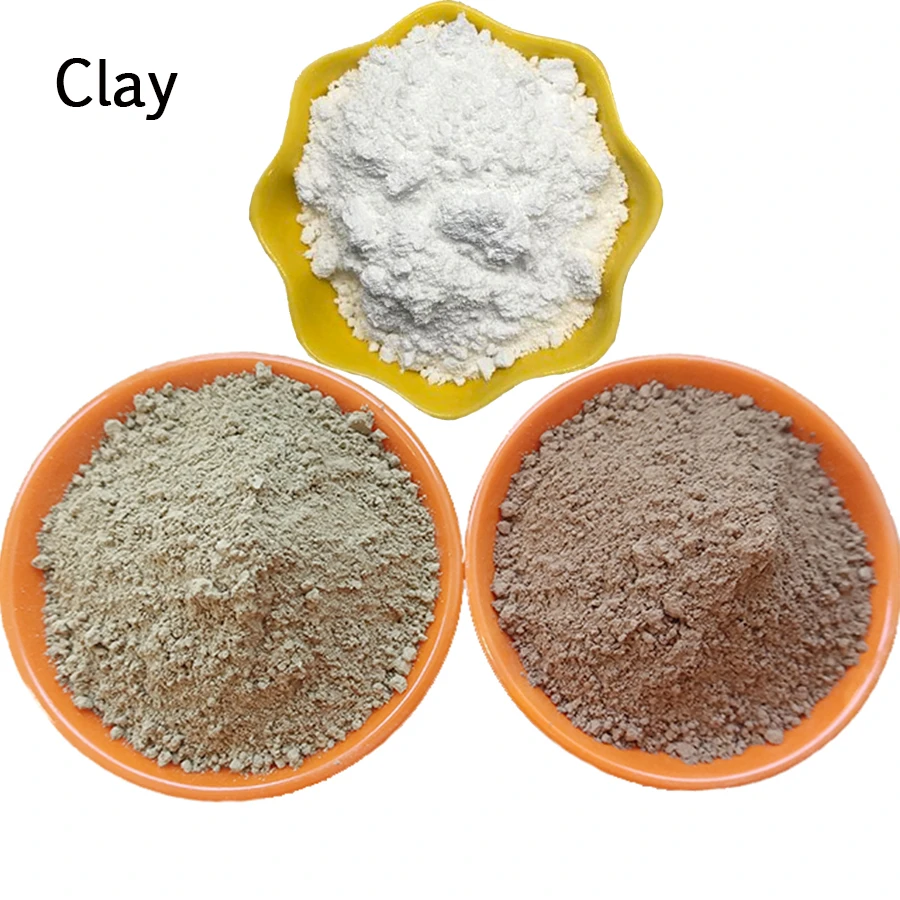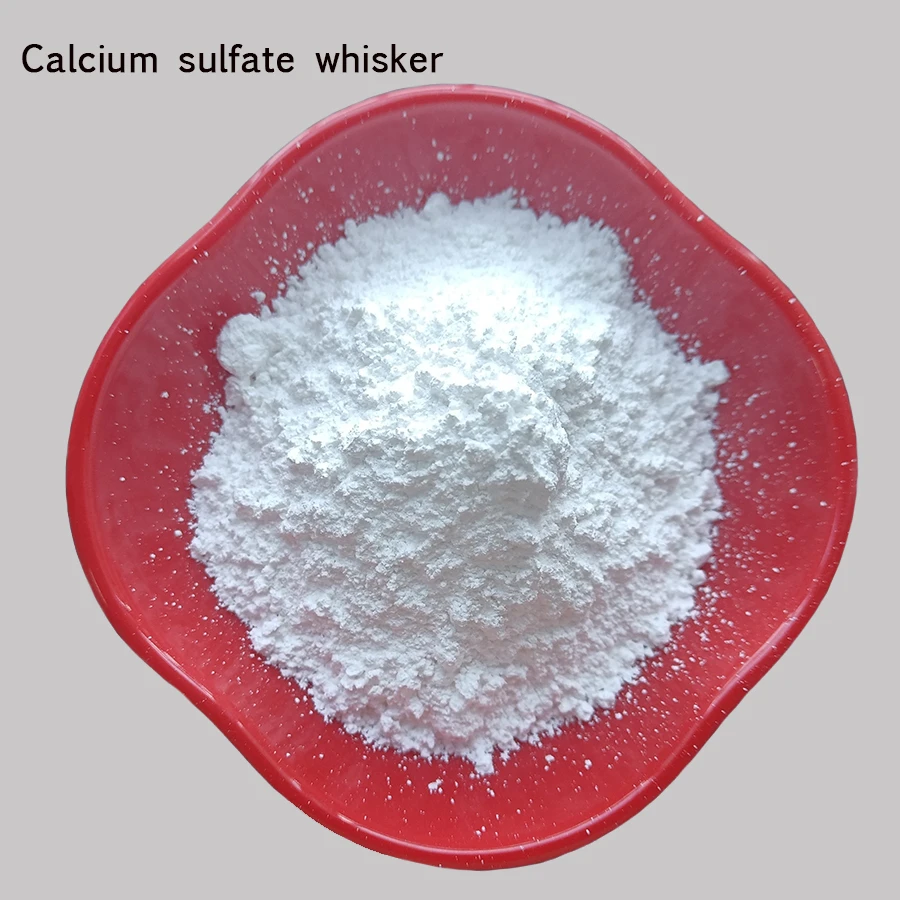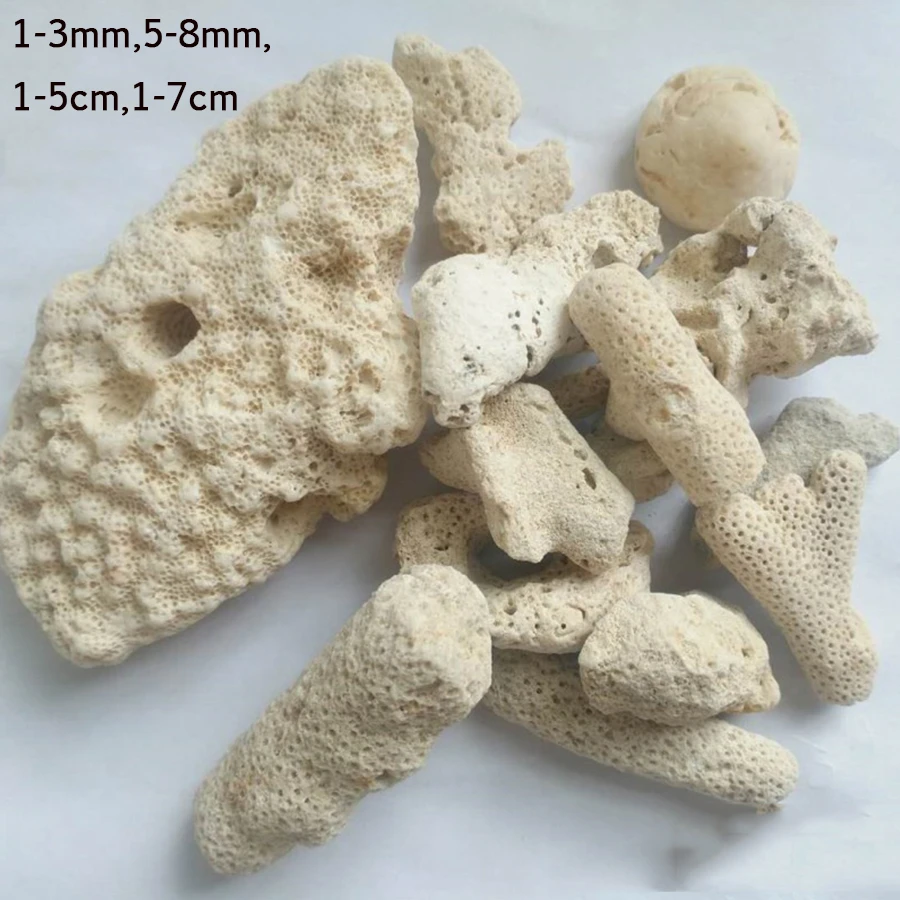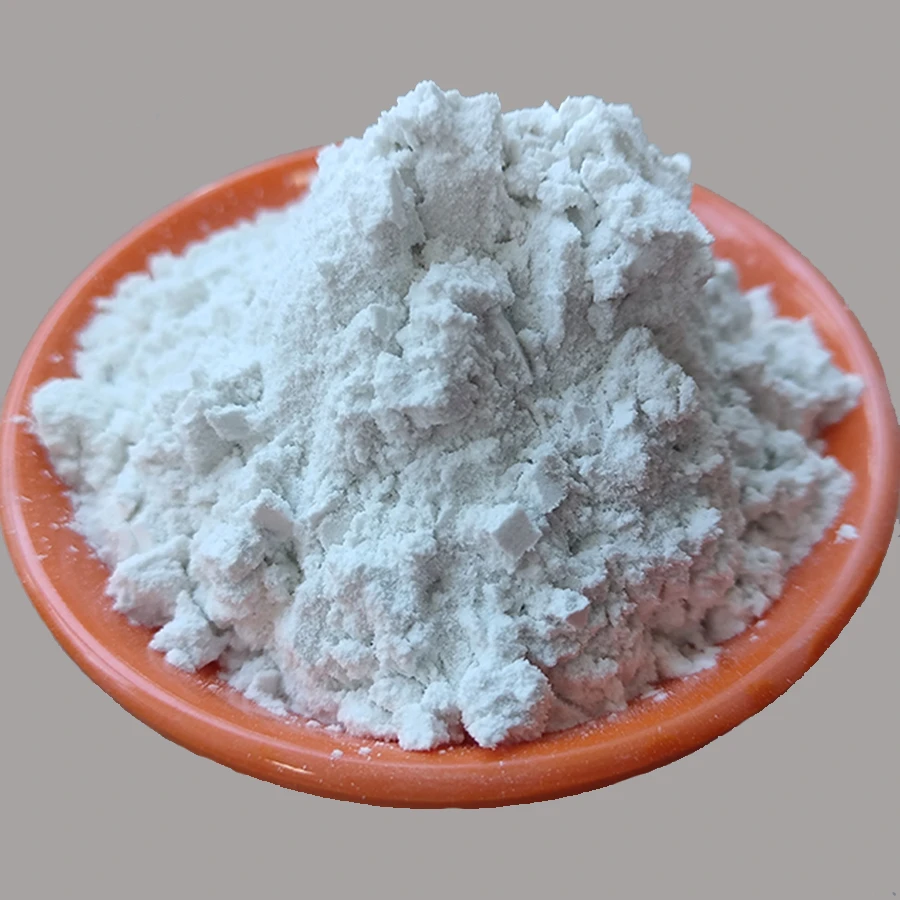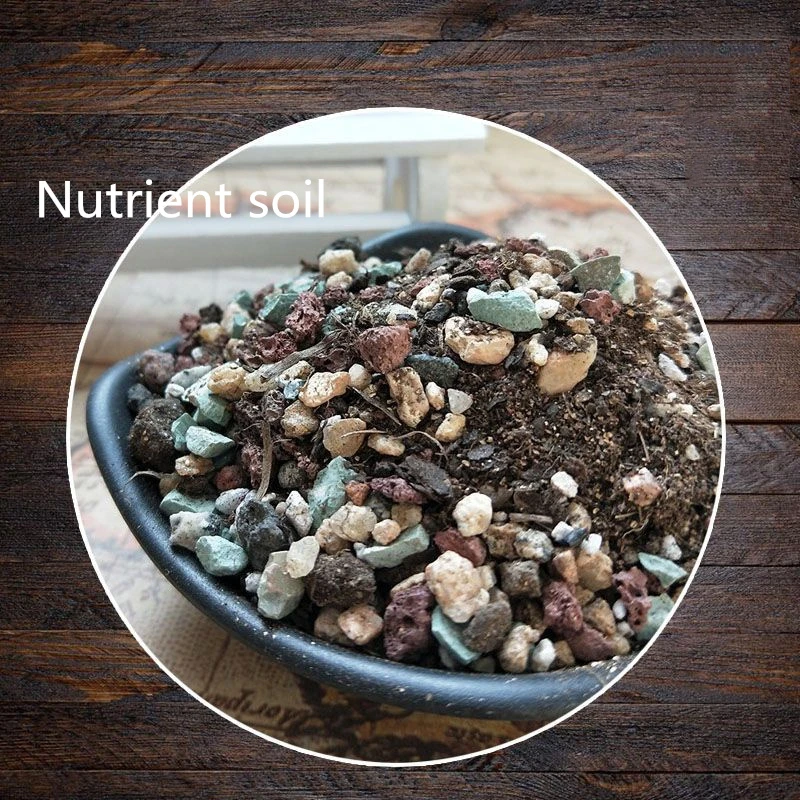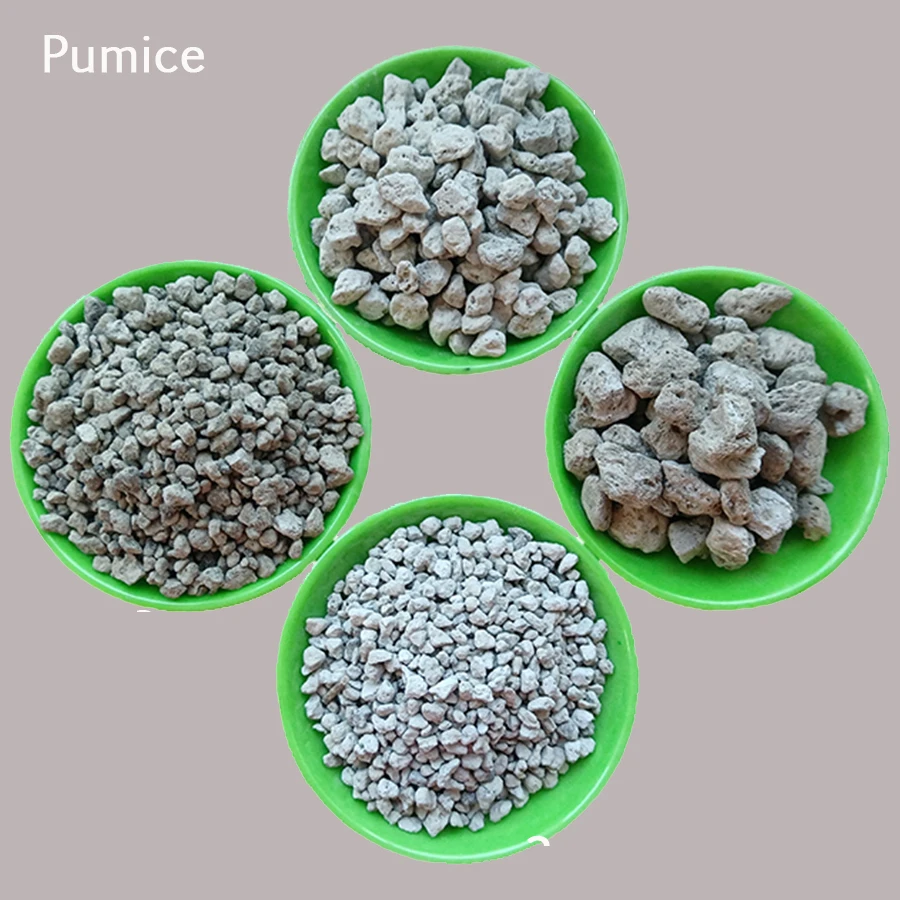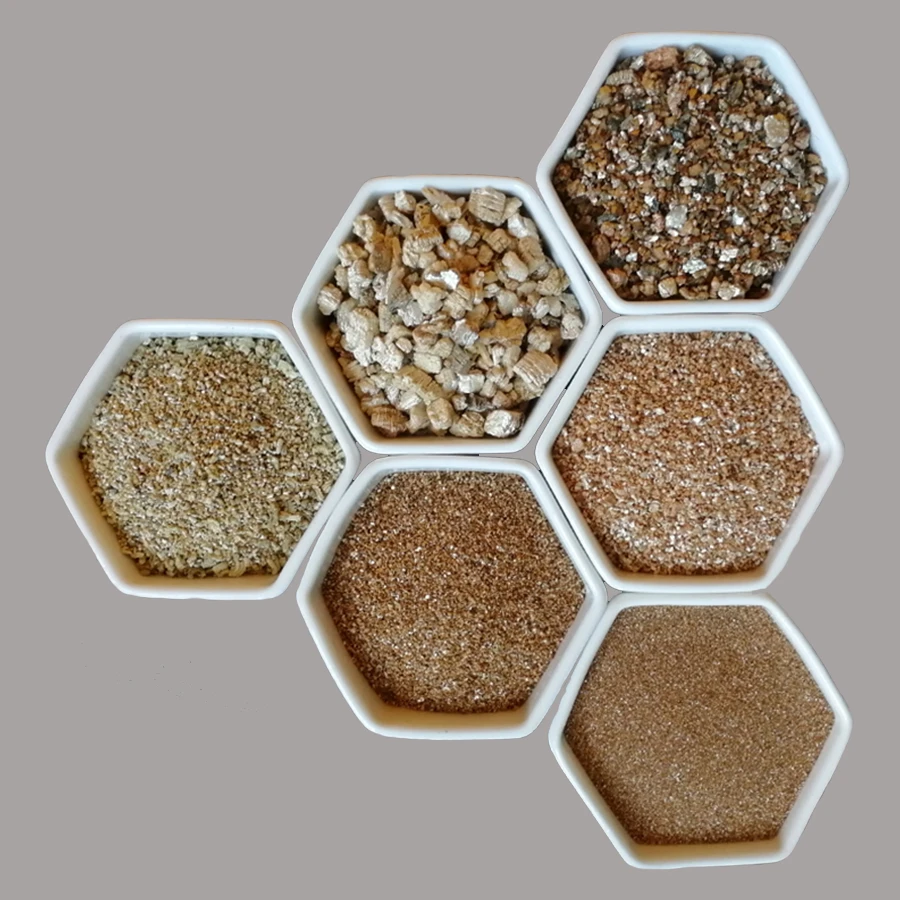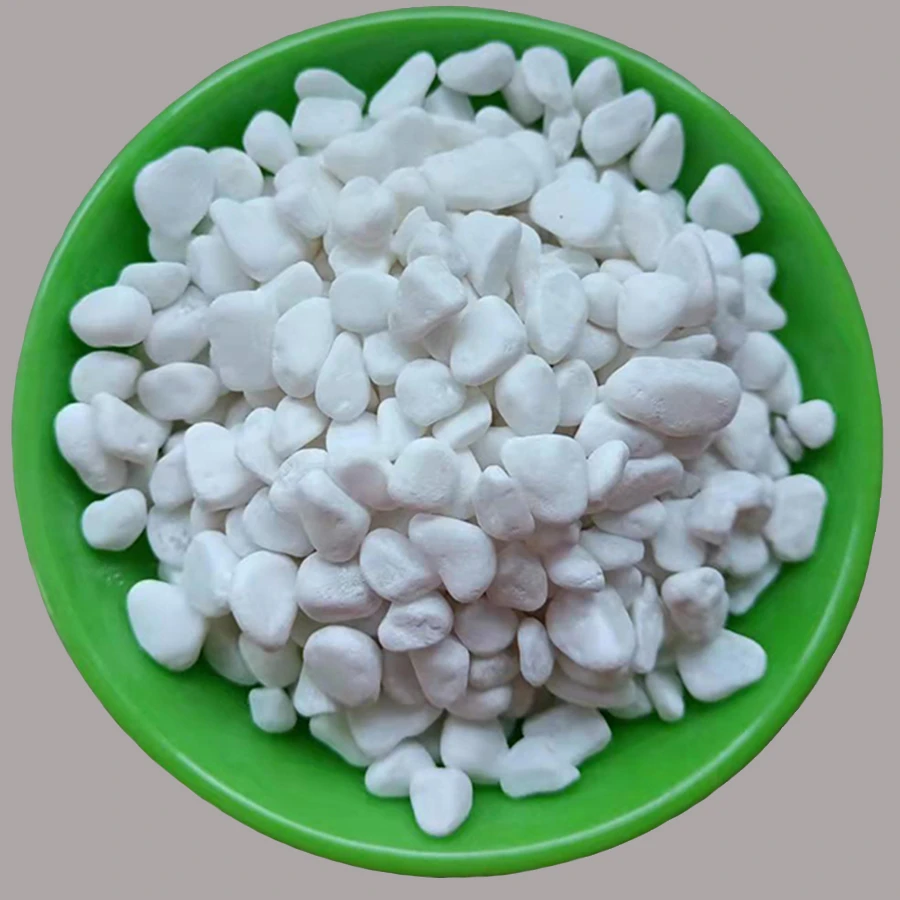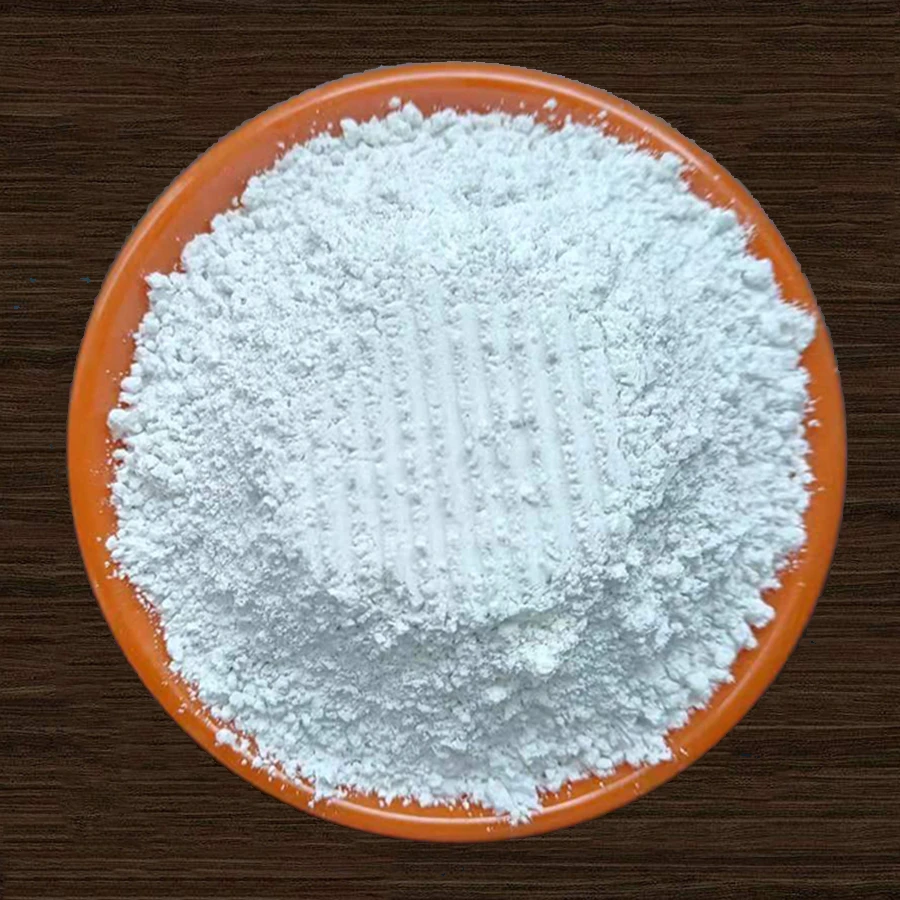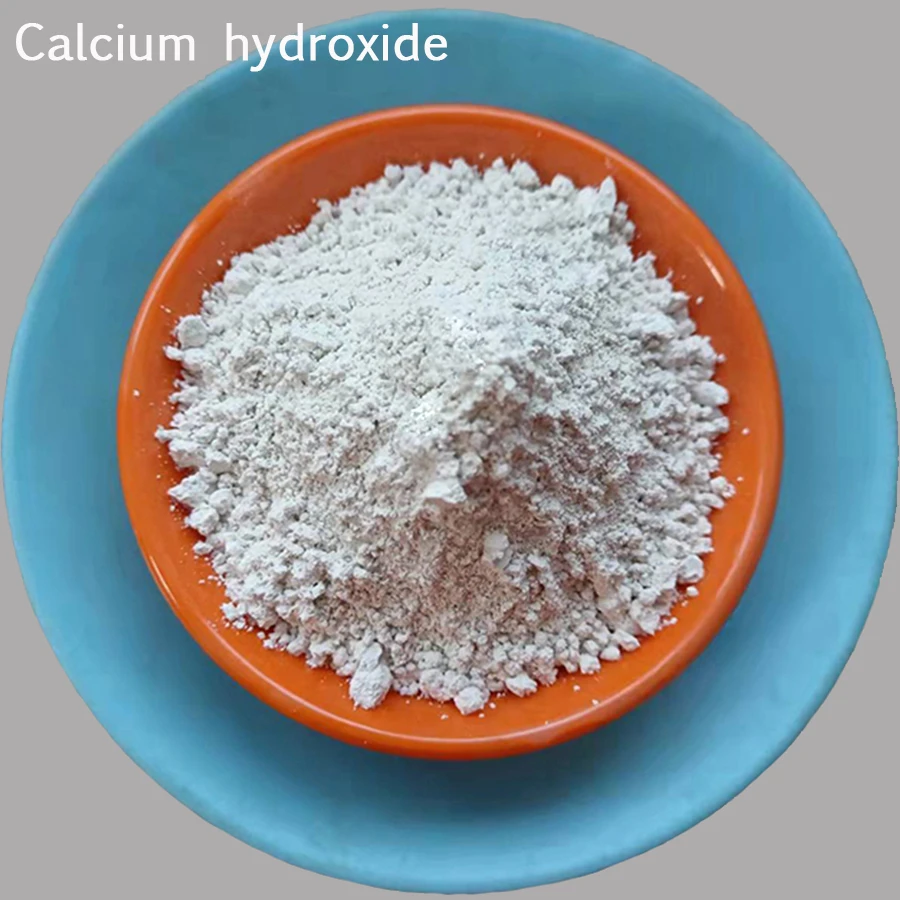
- Afrikaans
- Albanian
- Arabic
- Belarusian
- Bengali
- Czech
- Danish
- Dutch
- English
- Finnish
- French
- Galician
- German
- Greek
- Hebrew
- Hungarian
- Indonesian
- irish
- Italian
- Japanese
- Javanese
- kazakh
- Khmer
- Rwandese
- Korean
- Kyrgyz
- Lao
- Latin
- Latvian
- Lithuanian
- Malay
- Maltese
- Mongolian
- Myanmar
- Norwegian
- Persian
- Polish
- Portuguese
- Romanian
- Russian
- Serbian
- Slovak
- Spanish
- Swedish
- Tagalog
- Thai
- Turkish
- Ukrainian
- Vietnamese
- Welsh
Powder calcium carbonate is an essential product in many agricultural applications. Made from the natural mineral limestone, this finely ground substance has a wide range of benefits when applied to soil. Its most common use is to adjust soil pH levels, which is critical for optimal plant growth. Acidic soils can hinder plant development, making it difficult for plants to absorb essential nutrients. By adding powder calcium carbonate to soil, farmers can effectively raise the pH to a more neutral level, creating an ideal environment for crop growth.
In addition to improving soil pH, powder calcium carbonate is also a vital source of calcium, which is essential for plant cell wall development and overall plant health. Calcium strengthens plant tissues and helps regulate various metabolic processes. This makes powder calcium carbonate a key player in improving crop yield, quality, and resistance to diseases. Farmers seeking to boost soil fertility and enhance plant growth often turn to this effective and natural solution for a sustainable agricultural future.
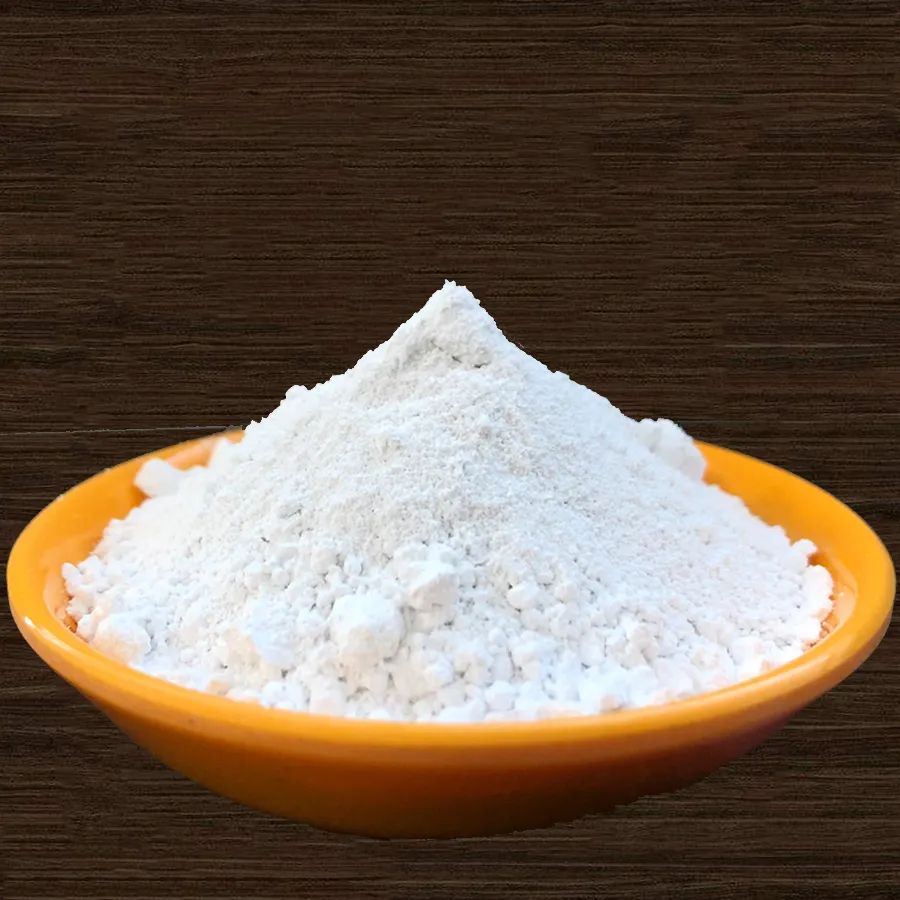
Calcium Carbonate from Limestone
Calcium carbonate from limestone is a natural, highly abundant material that plays a significant role in agriculture. Limestone, a sedimentary rock primarily composed of calcium carbonate, is widely used as a soil amendment. The process of grinding limestone into fine powder forms calcium carbonate from limestone, which can be applied directly to the soil to correct acidity levels and improve nutrient uptake.
Using calcium carbonate from limestone in agriculture offers several benefits. It provides a slow-release form of calcium, which not only neutralizes soil acidity but also improves the overall structure of the soil. As a result, soil aeration improves, allowing better root growth and water retention. The high calcium content also reduces the solubility of harmful metals like aluminum in acidic soils, protecting plants from toxicity. By applying calcium carbonate from limestone, farmers can promote healthier crops, increase yields, and maintain soil health in a cost-effective and eco-friendly manner.
Calcium Carbonate for Agriculture
Calcium carbonate for agriculture serves multiple functions that go beyond soil pH regulation. As an essential nutrient for plants, calcium is crucial for maintaining cell integrity, enhancing root development, and promoting enzyme activity. When calcium carbonate for agriculture is applied to soil, it provides a steady supply of calcium, which aids in the formation of strong cell walls and supports the plant's ability to transport nutrients and water efficiently.
In addition to improving soil structure and fertility, calcium carbonate for agriculture is also used in animal feed, where it helps promote bone health and overall growth in livestock. Farmers often use calcium carbonate for agriculture in combination with other fertilizers to optimize crop performance and ensure that plants receive all the essential nutrients they need. Whether used for crop cultivation, soil conditioning, or livestock care, calcium carbonate for agriculture is a versatile and cost-effective solution that supports sustainable farming practices.
Use of Calcium Carbonate and Calcium Hydroxide in Agriculture
The use of calcium carbonate and calcium hydroxide in agriculture is an effective way to address several agricultural challenges, particularly soil acidity and plant nutrition. Calcium hydroxide, also known as hydrated lime, is another form of calcium that is commonly used to rapidly neutralize acidic soils. When applied in the right amounts, both calcium carbonate and calcium hydroxide work together to increase soil pH, creating an environment where crops can thrive.
The use of calcium carbonate and calcium hydroxide in agriculture is not limited to soil treatment. These substances are also employed to enhance water quality in irrigation systems, control pests and diseases, and even aid in the production of certain crops like fruits and vegetables. Calcium improves plant resistance to pathogens and helps reduce crop damage caused by diseases like blight and mildew. By incorporating calcium carbonate and calcium hydroxide into an integrated crop management system, farmers can enhance the productivity of their farms while maintaining environmental sustainability.
Powder Calcium Carbonate FAQs
What is the main benefit of using powder calcium carbonate in agriculture?
The primary benefit of using powder calcium carbonate is its ability to adjust soil pH. It helps raise the pH of acidic soils, improving nutrient availability and creating a better environment for plant growth.
How does calcium carbonate from limestone improve soil quality?
Calcium carbonate from limestone neutralizes acidic soils, improves soil structure, enhances root growth, and increases water retention, leading to healthier crops and higher yields.
Can calcium carbonate be used in combination with other fertilizers?
Yes, calcium carbonate for agriculture is often used alongside other fertilizers to provide a balanced supply of nutrients to crops. It complements other essential nutrients and enhances their effectiveness.
What are the advantages of using calcium hydroxide in addition to calcium carbonate?
The use of calcium carbonate and calcium hydroxide in agriculture helps rapidly neutralize soil acidity, improve soil structure, and enhance plant growth by providing calcium and other essential nutrients to the soil.
Is calcium carbonate safe for the environment?
Yes, calcium carbonate is a natural material and is considered environmentally safe. It is commonly used in sustainable farming practices to improve soil quality without causing harm to the environment.
Related News



